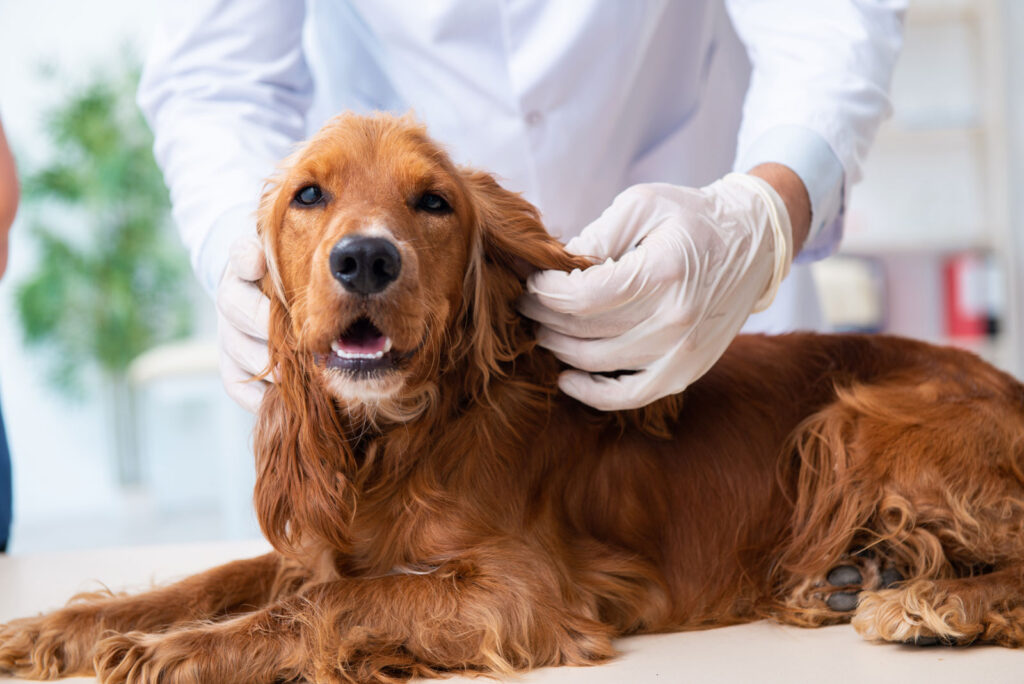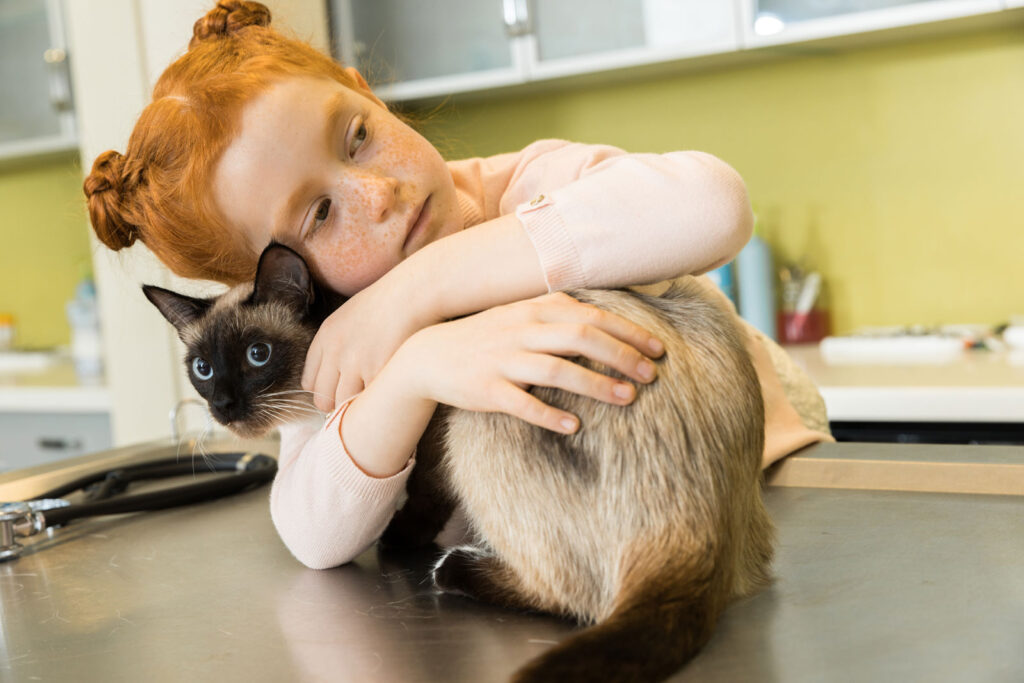Digestive Issues In Pets, Natural Pet Health, Worms In Pets
Does your pet have worms?
As pet parents, we all want to keep our animals in excellent health. But sometimes problems can develop inside your pet that you may not even realize are happening. One of those worrisome issues is worms. These parasites can cause serious damage if not treated and if you ignore the signs that your dog, cat, horse or any other animal that is in your care has worms, long-term health woes can occur.
How do you know if your pet has worms?
There are several common symptoms that may mean your dog or cat has worms and it’s important to keep an eye out for them, so that you can take action before any damage occurs.
Visible signs – Depending on the type of worm your pet is infected with, there may be visible signs of infestation. For example, if your pet picks up tapeworm, you will usually see what looks like grains of rice in their stool.
Diarrhea – Soft stools or diarrhea may be the result of worms, while blood in the stool (either bright red or darker purple) may indicate hookworms.
Vomiting – Dogs and cats with worms often throw up and roundworms may sometimes be present in the resulting vomit.
Loss of Weight – A rapid loss of weight in your pet may indicate the presence of worms.
Pot bellied appearance – Another common symptom of worms is a pot-bellied or bloated appearance. A pot-bellied appearance is usually seen in puppies or kittens who have picked up worms from their mother.
Lethargy – If your pet is lacking in their usual level of energy, they may have worms.
Change in Feeding Habits – A sudden change in your dog or cat’s appetite could be a sign of roundworm infection. Food may lose its appeal, or they may suddenly be more hungry because worms are stealing nutrients from their food.
Coughing – One advanced stage sign of heartworm in a dog or cat is the development of a persistent cough. However, animals with roundworms or hookworms may also cough.
Poor Coat – Worms may cause your pet’s coat to begin to appear dull and dried out. Hair loss and the appearance of rashes may also occur and be another indication of worm infestation.
Skin Irritations – skin irritation and itching can also be caused by worm infestation.
‘Scooting’ or dragging the bottom along the ground is a very common sign of worms that is easily mistaken for anal gland problems.

What to do if you suspect your pet has worms
Veterinary advice is that animals are wormed on a regular cycle of every 90 to 180 days, dependant upon region, season and worm load and spring and autumn time are the two most important worming ‘seasons’.
The first thing to do if you think your pet might have worms is to check your their previous de-worming history and then schedule an appointment with your veterinarian.
Bringing along a fresh stool sample can be extremely useful and once your veterinarian has had a chance to examine your animal and analyze the fecal sample, they will determine the best type of deworming medications to treat the worms that are present.
Natural Support To Protect Against Worms
HomeoPet Host No More is a natural medicine from nature that contains no chemical wormer products and can aid in and support the removal of many types of worms that typically infect our animals.
Using Host No More is a safe, effective and natural way to help protect against worms and to help keep your pet healthy. Host No More supports your regular worming management program, helps to increase the interval between de-worming treatments and is a great choice when your animal is already immune-compromised. Host No More can also be given alongside conventional de-worming products and may help to reduce the side effects of conventional wormers while also reducing the complications that may occur as a result of a sudden worm kill in an animal with a large worm burden.
If you have any questions at all on Host No More or how to best protect your pets against the threat of worms, please comment below, or contact our customer support team who will be more than happy to assist.
This article was vet approved by Tom Farrington MRCVS., MVB., VetMFHom. Chief Veterinary Medical Advisor for HomeoPet. Tom has been a practicing veterinarian in Ireland for over 35 years and employs complementary therapies in a multi discipline approach to healing medicine. Tom is an honors veterinarian, holds advanced degrees in homeopathic medicine, lectures internationally and leads clinical research teams.





